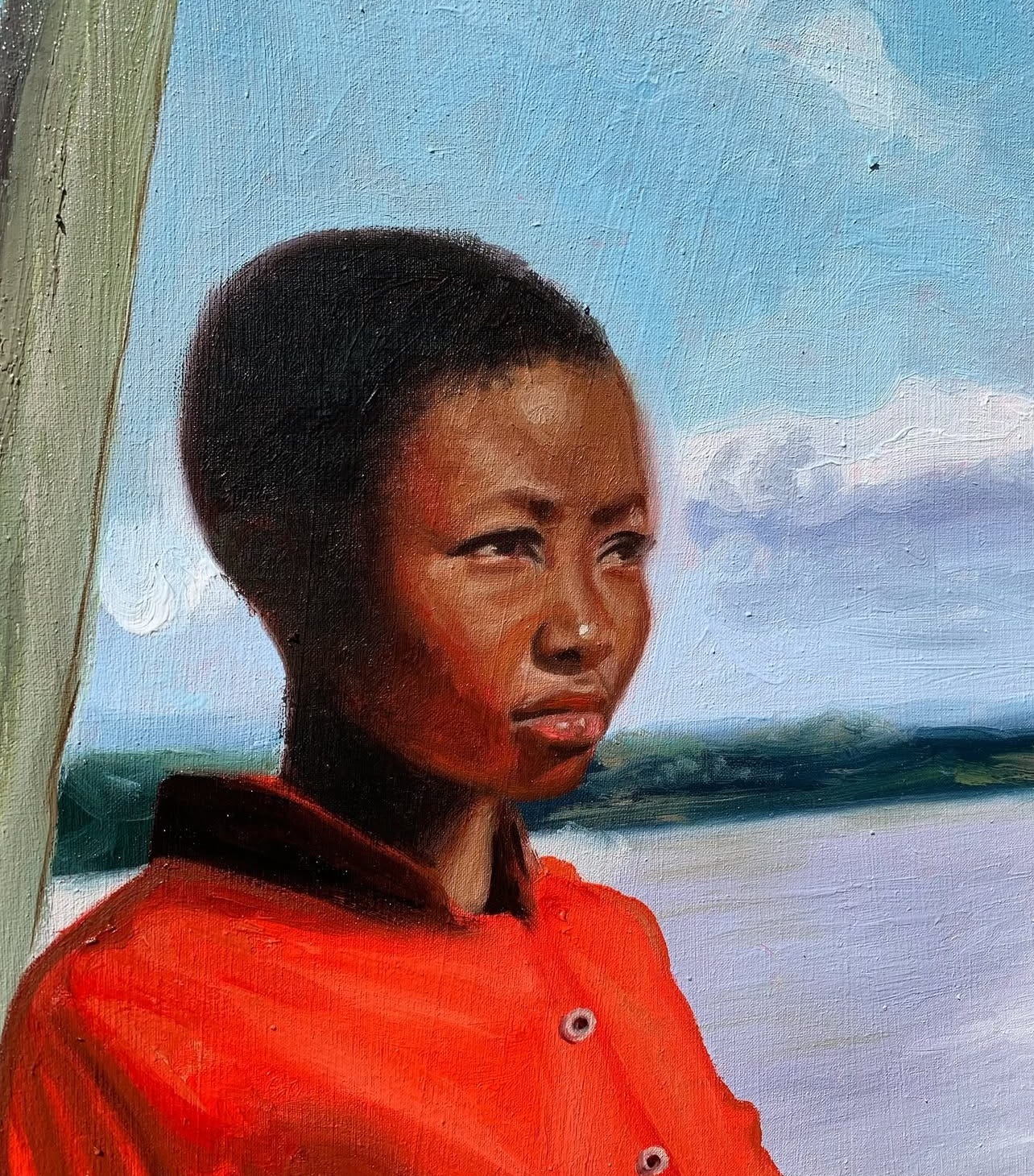Zikusanze If You So, Zikusanze If You Don’t
A young woman hesitates before leaving home. If she wears the bright, body-hugging dress, she risks a whisper campaign. If she opts for the long one, someone else will scoff that she’s trying too hard to be seen as modest.
A father reports his brother for stealing. He's applauded by the system and shunned by his ki…



